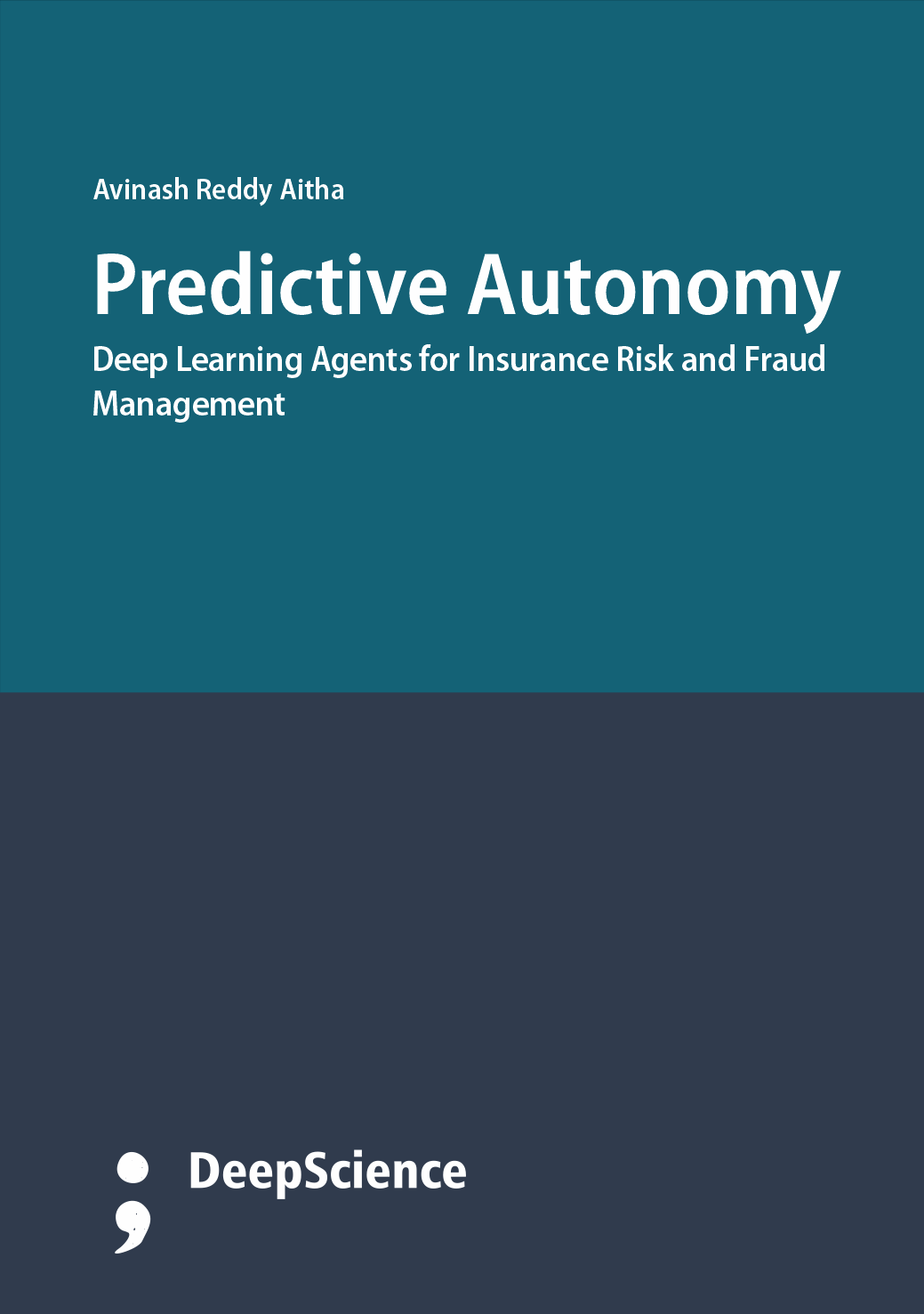Case Studies in Insurance Risk and Fraud Management
Synopsis
Insurance business is fundamentally directed towards management of risk thereby the risk management is the backbone in the insurance business to knowing the risk associated with the business. Risk management in the insurance business has twofold. First, risks expected to realise must be recognised and determined according to quantitative basis and action must be taken to minimise the loss. Types of Risks in Insurance identify the risks that may arise in the insurance business. Risk Assessment in Insurance guides the users to know the factors that may cause risk and establish the methods to evaluate those factors for the selected type of insurance business. Techniques for Detection of Insurance Fraud discusses the application of present day data analytics, machine learning and investigation techniques that are essential to detect the Insurance Frauds recognised under Types of Insurance Fraud.
Insurance fraud is a predicate offence in the False Claims Act and is the third largest economic crime classified under White-Collar Crime. Insurance fraud includes any and all acts which are done with the intent to obtain an improper payment from an insurer. Generally, Insurance fraud tends to be a crime committed by individuals, with very little internal collusion, but there are still cases where the employer has been involved. The fraud aspect in the insurance business can be broadly classified as Health Insurance Fraud, Auto Insurance Fraud, Property Insurance Fraud and Life Insurance Fraud. Auto Insurance Fraud is one of the most serious problems facing Insurance Companies today resulting in billions of dollars in extra costs to the Insurance Industry and Premiumpayers. The preparation or presentation of a false or exaggerated claim to the insurer or the attempt to engage in a fraudulent claim or act is an indicant of insurance fraud in any other class of insurance.













